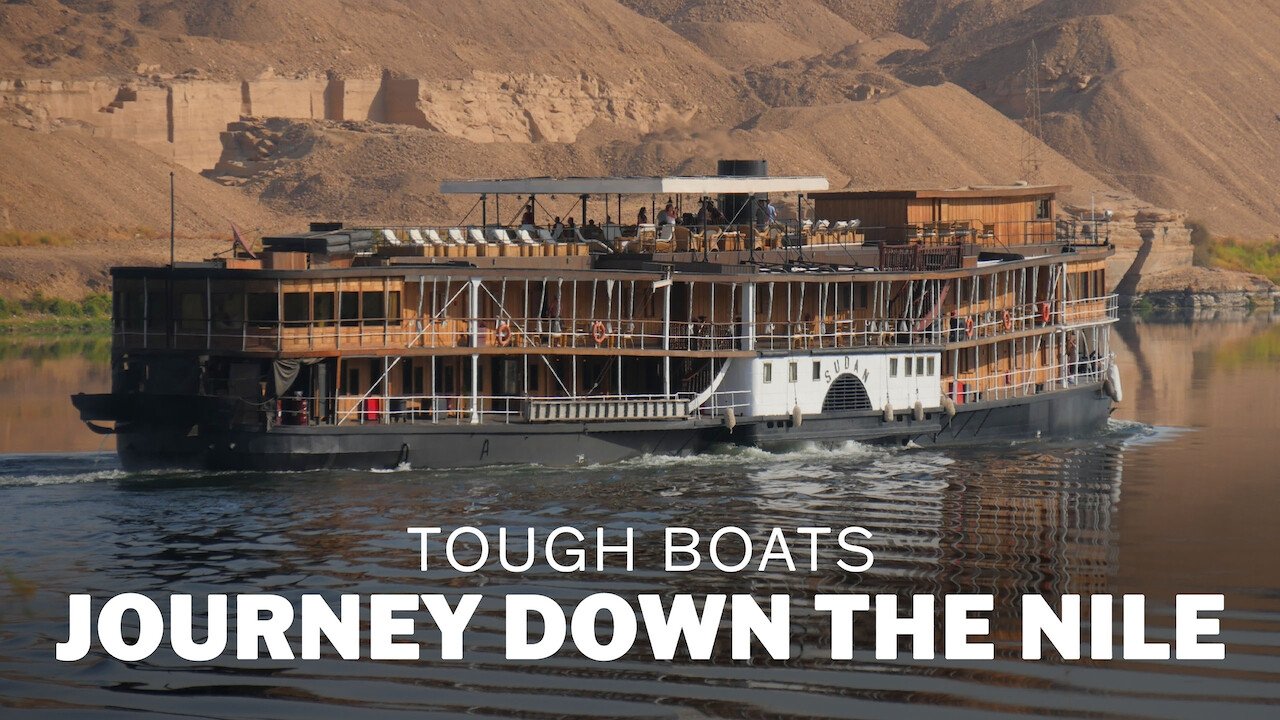
Tough Boats: Journey Down the Nile
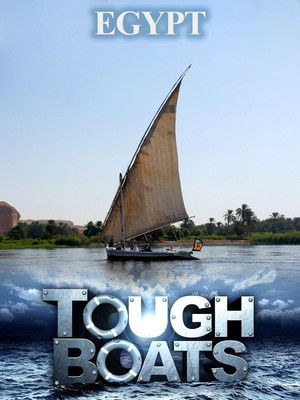
Tough Boats: Journey Down the Nile
HomePage
Overview
Board a traditional felucca sailboat and travel down the Nile from Aswan to Cairo, visiting spectacular ancient Egyptian tombs and temples on the way.
Release Date
2022-09-07
Average
0
Rating:
0.0 startsTagline
Genres
Languages:
Keywords
Similar Movies
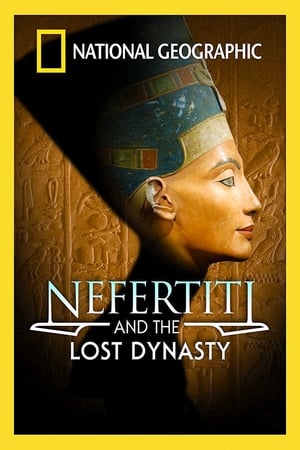 7.0
7.0Nefertiti and the Lost Dynasty(en)
It is one of Egypt's enduring mysteries. What happened to Nefertiti and her husband, Akhenaten - the radical king, and likely father of King Tut? In a dark and mysterious tomb located in the Valley of the Kings, there is a small chamber with two mummies without sarcophagi or wrappings. At times, both have been identified as Queen Nefertiti by scholars, filmmakers and historians. But the evidence has been circumstantial at best.
 8.0
8.0In Our Hands: The Battle for Jerusalem(en)
Produced by CBN Documentaries and Biblical Productions, "In Our Hands" tells the story of the Battle of Jerusalem in the Six-Day War through the eyes of the IDF's 55th Paratrooper Brigade
 5.5
5.5The Hidden History of Egypt(en)
Egyptians were famed for their extravagant building techniques and extraordinary gods, but what about the ordinary citizens? How did they lead their day to day lives? What did they do for entertainment? Did they believe in their gods? Discover astonishing facts that throw new light on our understanding of the Ancient Egyptians.
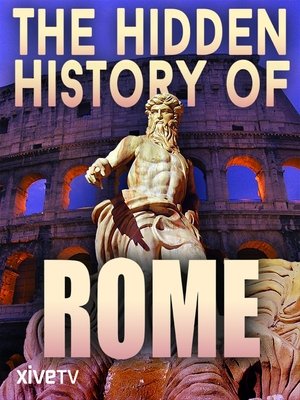 5.0
5.0The Hidden History of Rome(en)
Rome was famed for the decadence of its ruling class, however, what about the ordinary citizens of these ancient cultures? How did they lead their day to day lives in an age when the average life expectancy was little more than forty? Did they believe in the Pagan Gods? What were their sex lives like? What did they do for entertainment? How ordinary Romans lived is, for the most part ...
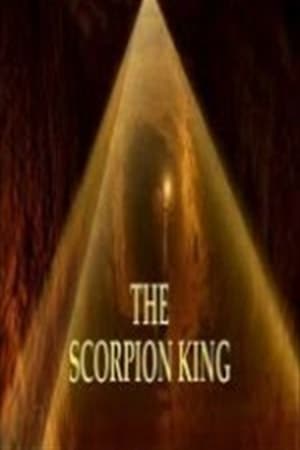 0.0
0.0The Scorpion King(en)
The Scorpion King: The King before Pharaohs. Learn more about the king who likely united ancient Egypt, organized the world’s earliest phonetic writing system, and inspired the creation of the pyramids. Mace heads, a stone mounted on a wooden shaft, were an early weapon of war. They were used like a club to strike enemies on the head. The scorpion mace head was too large to have been used as a weapon, and was clearly reserved for ceremonial purposes. Archaeologists believe they have found the tomb of the Scorpion King at the ancient burial site of Abydos. He was buried with 700 wine jars, several of which had come from as far away as ancient Palestine. The Scorpion King may have presided over the birth of phonetic writing earlier than any other civilization in the world—200 years before the first pharaohs.
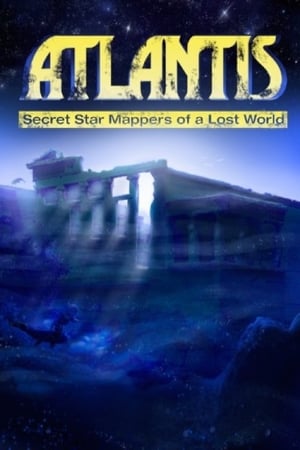 0.0
0.0Atlantis: Secret Star Mappers of a Lost World(en)
Go beyond the lost human history! A profile and examination of the recent findings of a highly advanced human settlement submerged at the end of the Ice Age when the sea level rose. The story of Atlantis has its roots in actual historical events!
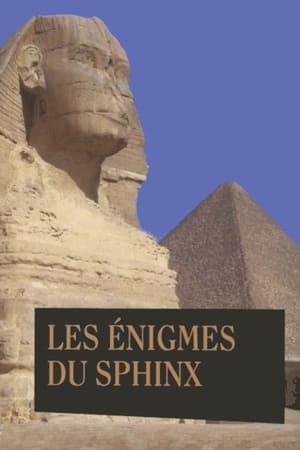 6.0
6.0Riddles of the Sphinx(en)
For over 4000 years, the Sphinx has puzzled all who have laid eyes on it. What is this crouching lion, human-headed creature? Who built it and why? To unlock its secrets, two teams of scientists and sculptors immerse themselves in the world of ancient Egypt — a land of pharaohs and pyramids, animal gods and mummies, sun worship and human sacrifice.
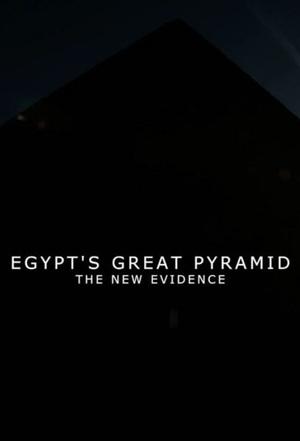 8.0
8.0Egypt's Great Pyramid: The New Evidence(en)
Egypt's Great Pyramid may be humanity's greatest achievement: a skyscraper of stone built without computers or complex machinery. This super-sized tomb has fascinated historians and archaeologists for centuries, but exactly how the ancient Egyptians finished the monument and fitted its two and a half million blocks in a quarter of a century has long remained an enigma. Today the secrets of the pyramid are finally being revealed thanks to a series of new findings. At the foot of the monument, archaeologists are uncovering the last surviving relic of the pharaoh Khufu, whose tomb it is: a huge ceremonial boat buried in flat-pack form for more than 4500 years. It's a clue that points to the important role that ships and water could have played in the pyramids' construction. This documentary follows investigations that reveal how strong the link between pyramids and boats is. It's a story of more than how Egypt built a pyramid: it's about how the pyramid helped build the modern world.
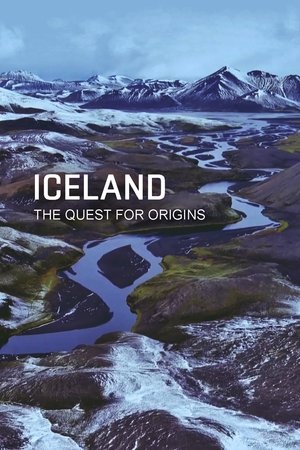 8.0
8.0Iceland: The Quest for Origins(fr)
The fascinating landscape formations of Iceland in the North Atlantic bear witness to the beauty and primal power of nature. They were created through the interaction of powerful volcanic, geological and biological processes that have been changing the face of the earth for billions of years. This is what the Earth might have looked like four billion years ago. Iceland is the realm of ice and fire. Nowhere else is there such a high density of volcanoes. The landscapes, which are continually reshaped by eruptions, make the island a natural laboratory full of clues about the formation and development of the earth. The documentary follows a group of scientists through the most active areas of Iceland, along a mountain range that has emerged from the ocean. On the slopes of the volcanoes, in the fog of the fumaroles and on streams and rivers, the three researchers explore how the first forms of life populated the earth's surface and in what evolutionary steps they took over the earth.
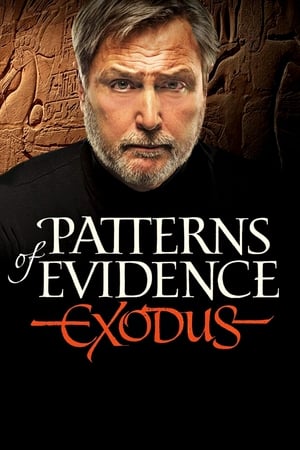 7.1
7.1Patterns of Evidence: The Exodus(en)
A debate rages over the credibility of the Bible. Most archaeologists today have concluded that there's no evidence that the Exodus of Israelite slaves from Egypt ever happened. Filmmaker Timothy Mahoney faces a crisis of faith: "Is this foundation event of the Bible really just a myth?" He embarks on a 12-year journey around the world to search for answers. The Exodus unlocks the mystery of this ancient saga, combining a scientific investigation with a retelling of the Exodus story to reveal an amazing pattern of evidence matching the biblical account that may challenge our understanding of history.
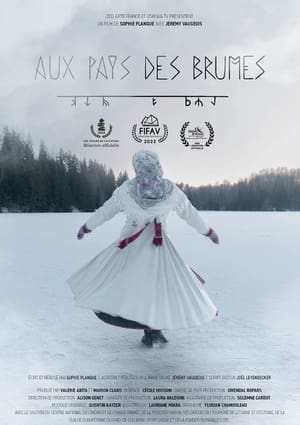 8.0
8.0In the Lands of Mist(fr)
Does Europe also have its own animistic heritage, like Pachamama in South America and Shinto in Japan? If so, which one? In the Misty Lands, i.e. Estonia, Latvia and Lithuania, a sacred fire is lit on the winter solstice to celebrate the return of the sun and ancient beliefs that have been forgotten in the rest of Europe for thousands of years. Sophie Planque and Jérémy Vaugeois decided to take a journey on bicycles to experience the Baltic winter and meet the people who keep their ancestral culture alive. A unique heritage that reinforces a deep relationship with nature.
 0.0
0.0Tutankhamon: Titkok a sírból(en)
Tutankhamun: Secrets of the Tomb (2022) In 1922, the tomb of Egyptian boy king Tutankhamun was unearthed. Now the extraordinary scientific truth of the 'Pharaoh's Curse' is revealed.
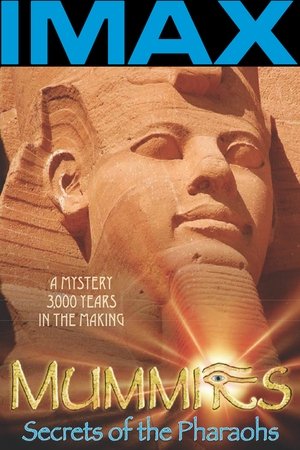 7.0
7.0Mummies: Secrets of the Pharaohs(en)
The grail is not the gold, nor the books of ancient wisdom, but the 3,000 year old DNA of the mummies, which may lead to a cure for malaria.
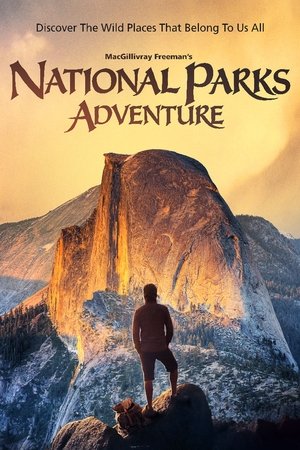 6.9
6.9National Parks Adventure(en)
Narrated by Academy Award winner Robert Redford, National Parks Adventure takes audiences on the ultimate off-trail adventure into the nation’s awe-inspiring great outdoors and untamed wilderness. Immersive IMAX 3D cinematography takes viewers soaring over red rock canyons, hurtling up craggy mountain peaks and into other-worldly realms found within America’s most legendary outdoor playgrounds, including Yellowstone, Glacier National Park, Yosemite, and Arches. Celebrate the 100-year anniversary of the national parks with world-class mountaineer Conrad Anker, adventure photographer Max Lowe and artist Rachel Pohl as they hike, climb and explore their way across America’s majestic parks in an action-packed expedition that will inspire the adventurer in us all.
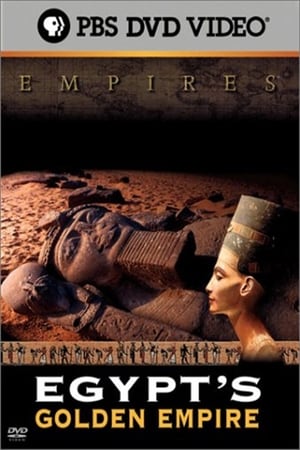 6.5
6.5Egypt's Golden Empire(en)
In 1570 B.C., Rome was a marsh, the Acropolis an empty rock, but Egypt was 1,000 years old. The pyramid-builders were gone, yet Egypt still awaited its New Kingdom, an empire forged by conquest and remembered for eons. EGYPT'S GOLDEN EMPIRE comes to life through letters and records evoking the passion and riches of a time when Egypt was the center of the known world, its Pharaohs called gods, and great cities, temples and tombs built.
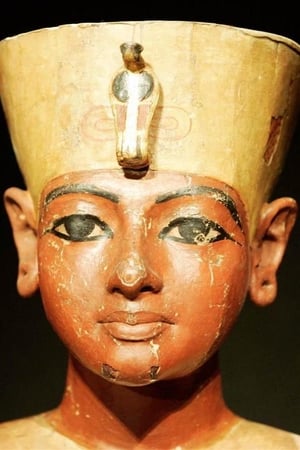 0.0
0.0Egypt's New Tomb Revealed(en)
American archeologists have found a new tomb in the desert valley. This is the first find of this magnitude since King Tutankhamun's tomb was uncovered in 1922, according to Egypt's Supreme Council of Antiquities. Called KV 63 - it is the 63rd discovered since the valley was first mapped - the new, intact tomb was found just 16 feet away from King Tut's resting place. A team of archeologists led by Otto Schaden discovered the tomb by accident while conducting "routine digs" on the nearby tomb of King Amenmesses, a 19th Dynasty pharaoh. Explore the wonders of the magnificent lost era.
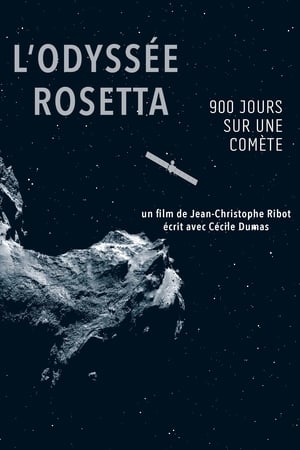 8.3
8.3L'Odyssée Rosetta, 900 jours sur une comète(fr)
Several hundred million kilometers away, the space probe "Rosetta" and the small lander "Philae" orbit the sun on the comet "Churyumov-Gerasimenko", without any contact with Earth. On September 30, 2016 - two years after the launch of "Philae" - the landing of "Rosetta" on the comet marked the end of a space mission rich in discoveries, successes and setbacks. The documentary "Rendezvous with a comet: Mission Rosetta" revisits this extraordinary space adventure. After the landing of "Philae" on the comet "Churi" in November 2014 - probably one of the greatest successes in space research since the moon landing - the mission continued and provided a whole series of surprises.
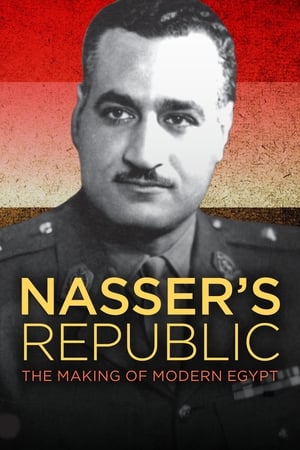 0.0
0.0Nasser's Republic: The Making of Modern Egypt(en)
In 1952 a young Egyptian colonel named Gamal Abdel Nasser led a coup that became a revolution, winning the support of millions of his countrymen. Over the next 18 years he challenged Western hegemony abroad, confronted Islamism at home, established the region’s first military authoritarian regime, and faced deep divisions among the Arabs.
 6.0
6.0Koran by Heart(en)
In this 80-minute documentary, three 10-year-old children leave their native countries to participate in one of the Islamic world’s most famous competitions, a test of memory and recitation known as The International Holy Koran Competition. Up against much older students, these youngsters have committed the 600 pages of the Koran to memory, and will put their skills to the test before the elite of the world’s Muslim community in Cairo, Egypt. In the midst of this intense international competition, the three young competitors –two boys from Senegal and Tajikistan, and one girl from the Maldives – face uncertain futures at home, as they are caught between fundamentalist and moderate visions of Islam. The children discuss their recitation techniques – with accompanying, completely improvised melodies – and talk about their nerves and excitement as they finally compete before a panel of judges.
